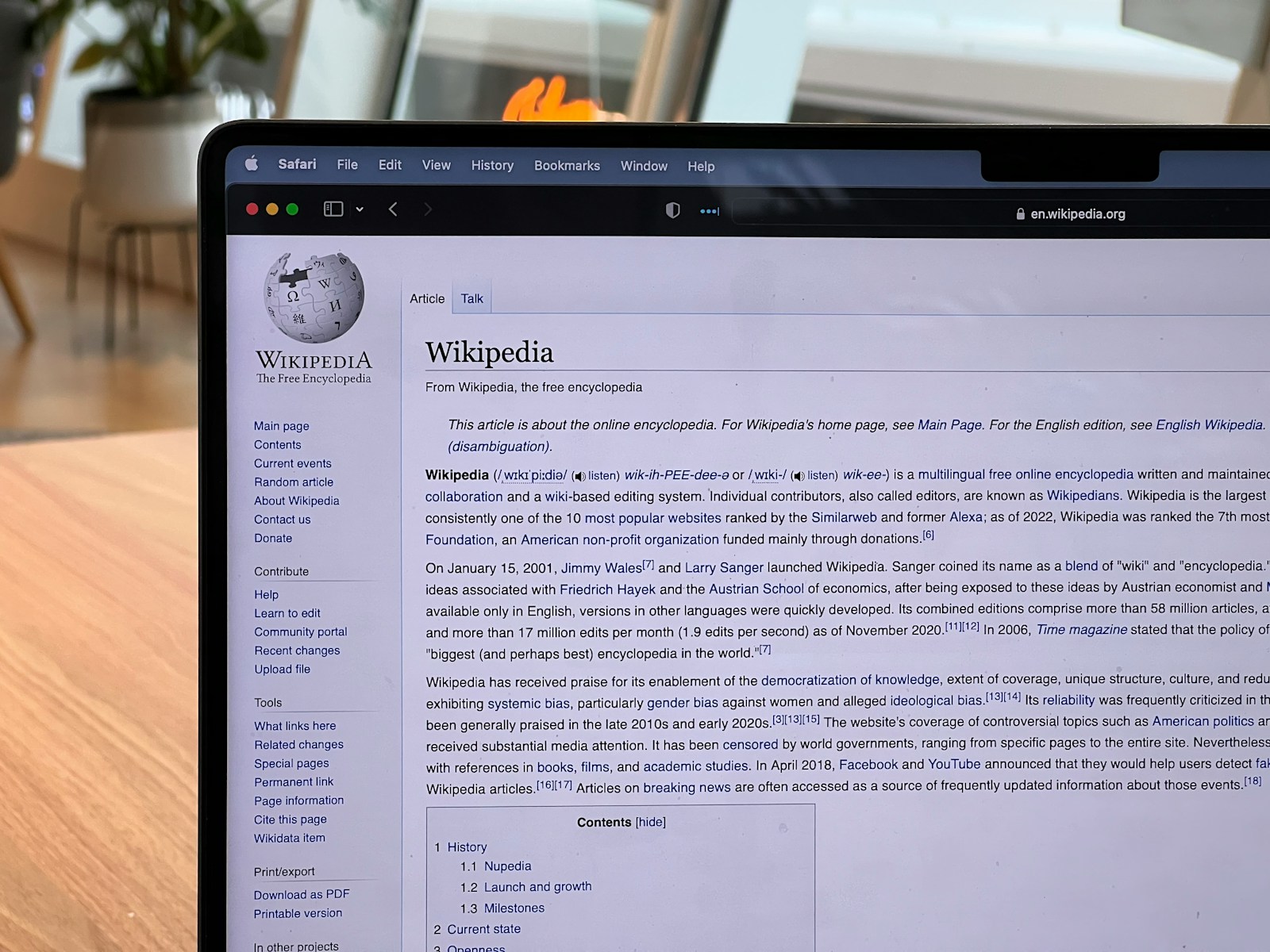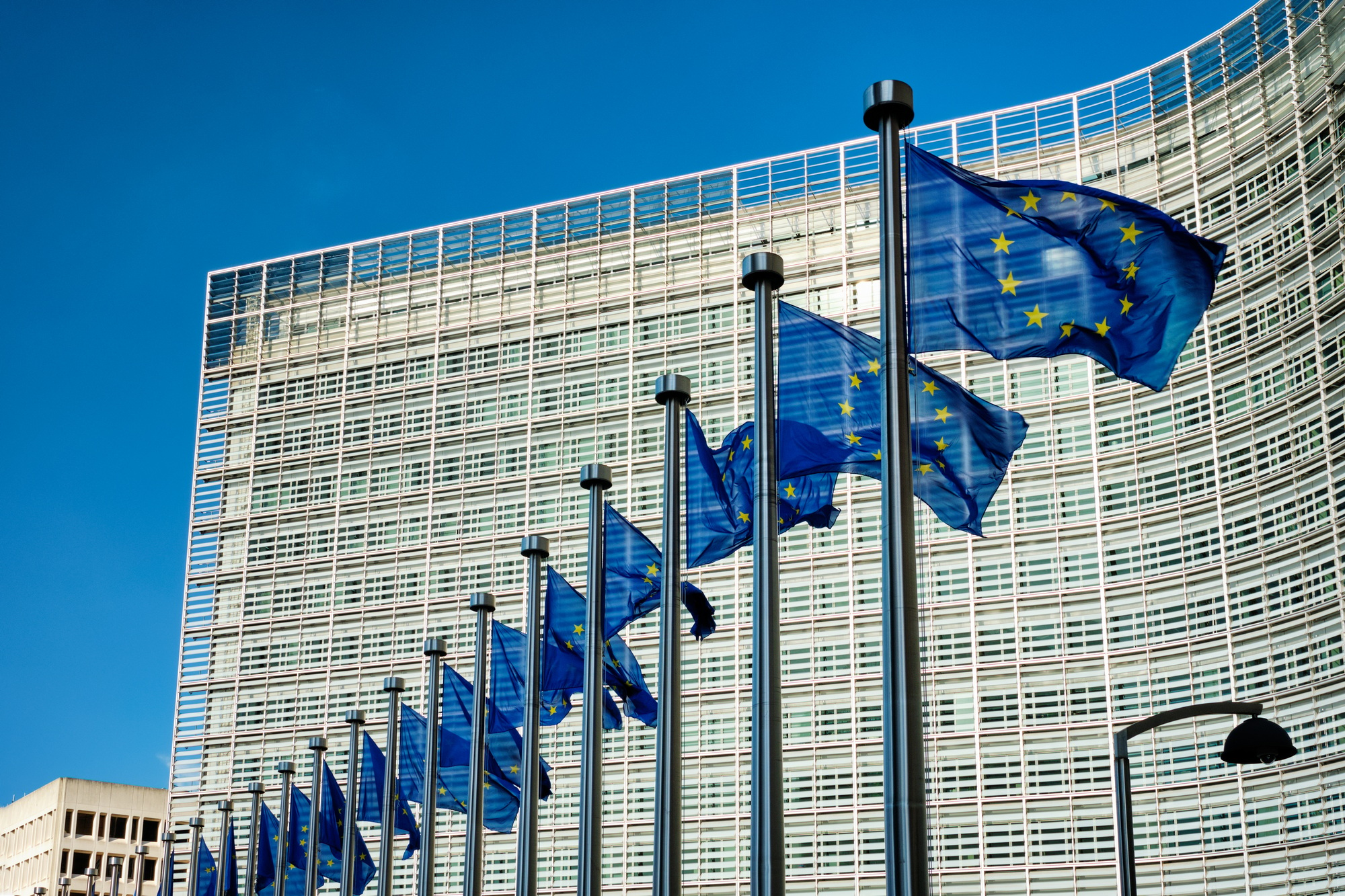China opens public consultation on new cybersecurity standard for online authorisation
The Chinese National Network Security Standardization Technical Committee Secretariat (TC260) has launched a public consultation on a draft national standard for online authorisation protocols, aimed at strengthening cybersecurity and identity authentication across China’s digital ecosystem. The consultation period runs until 26 October 2025. The proposed GB/T (non-binding) standard outlines a technical framework for third-party resource [...]








